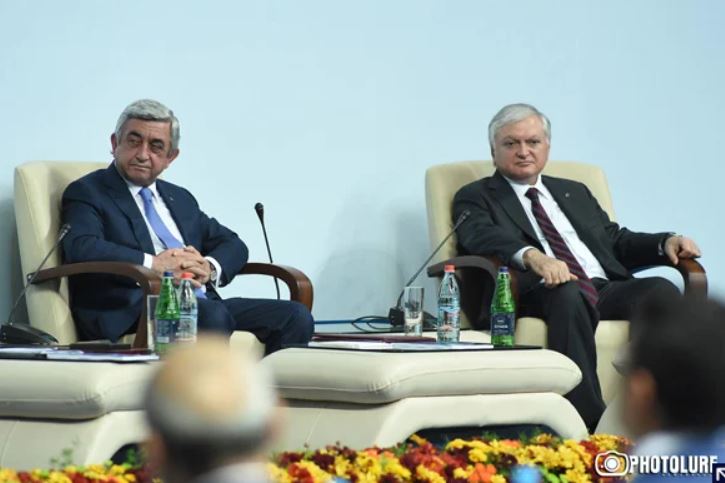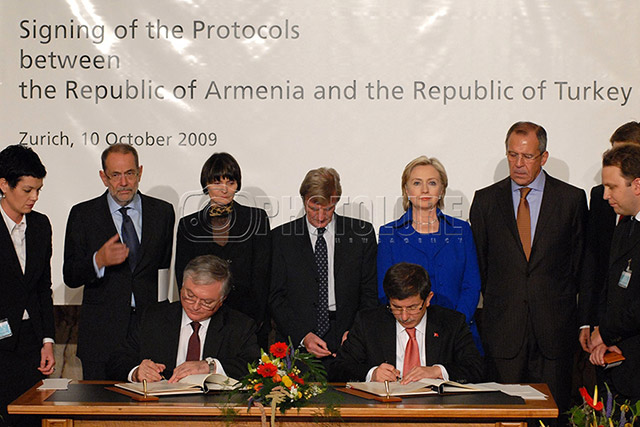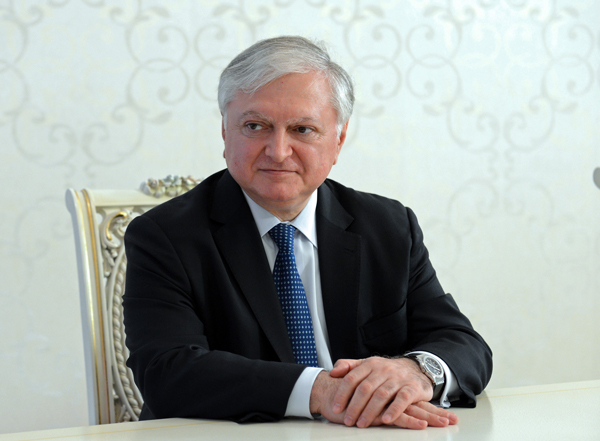Armenia’s Foreign Minister Edward Nalbandian urged not to criticize the diplomats as they are like soldiers sitting in trenches. Not diminishing the role of the diplomats, I would like to note that the comparison is incorrect. The soldier jeopardizes his life in the trenches every moment while the diplomat, as a rule, not. In the trench, the soldier bears many domestic hardships while the diplomat – not. Moreover, unlike us – the majority of citizens of Armenia – the diplomat does not have to run around all day to provide the living for his family. The diplomat is sent to the other, as a rule, a more prosperous country for a business trip where he does not bear any material trouble.
The service of the diplomat, of course, is important. But is the teacher’s, doctor’s, police officer’s, judge’s or, let’s say, the fireman’s service less important? Can we insist based on it that people with these professions cannot be criticized? Apparently, not. If, for example, the bricklayer working in my house has done the job and the wall that he built does not look good to me as a client, I think, I can express my dissatisfaction without having any clue about this craft. He probably would not say, “Recently, people having a clue on how to build a wall have become more. What is the point of it?” The “customers” of any public servant (including, the diplomats) are the citizens of this country, and they have the right to express an opinion about their work.
It should also be added that the diplomacy is a part of foreign politics, and as there are people in Armenia with different political views and value systems, it is clear that many would not like these politics. This is another argument in favor of “throwing stones” towards the diplomats. In addition, it is very normal that people who have occupied diplomatic and other positions during the tenure of the first president or are just the fans of Levon Ter-Petrosyan, they must say that there was a wonderful diplomacy “during their time” while now everything is spoilt. Likewise, those in power during the time of the second president, or Robert Kocharyan’s fans (smaller in number) should also argue that their diplomacy was “breaking-crashing” everything around. I have no doubt that when this ruling political team changes, Edward Nalbandian would also criticize the future diplomats, and there is nothing negative or bizarre in it. If there is, at least, a grain of truth in the criticisms, it should be considered.
If they are merely unsubstantiated accusations, then it is necessary … to smile in a diplomatic way.
Read also
Aram ABRAHAMYAN






















































